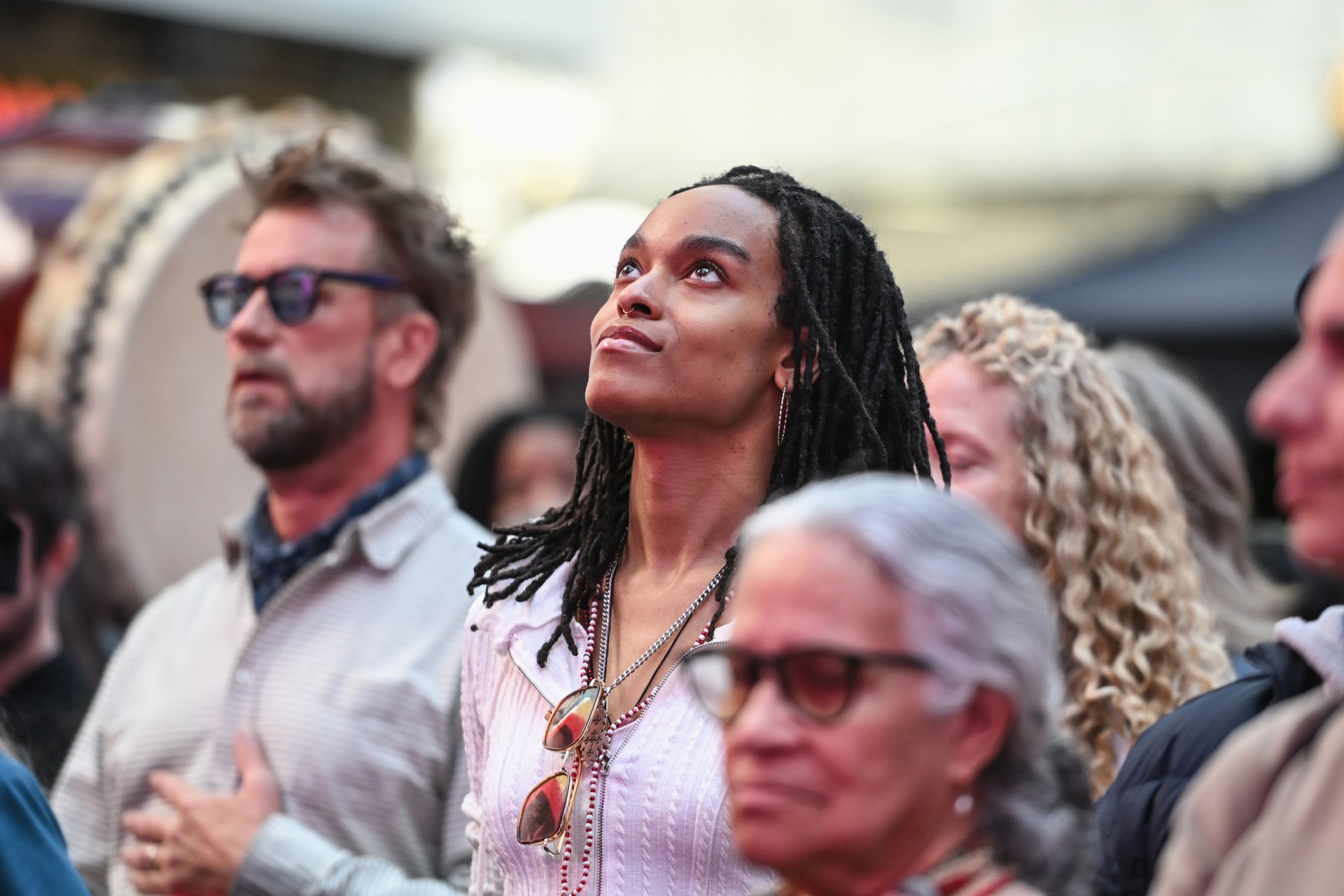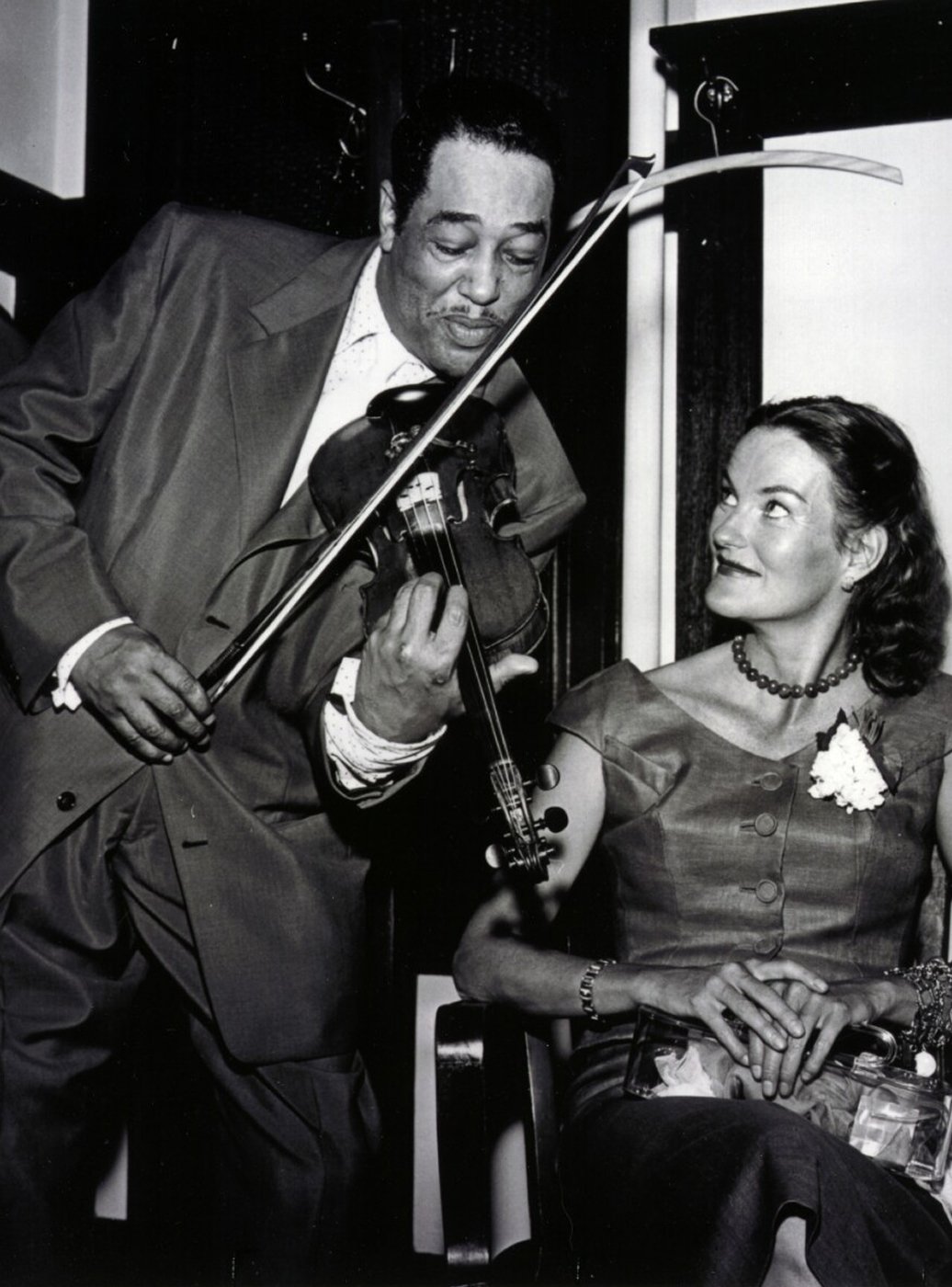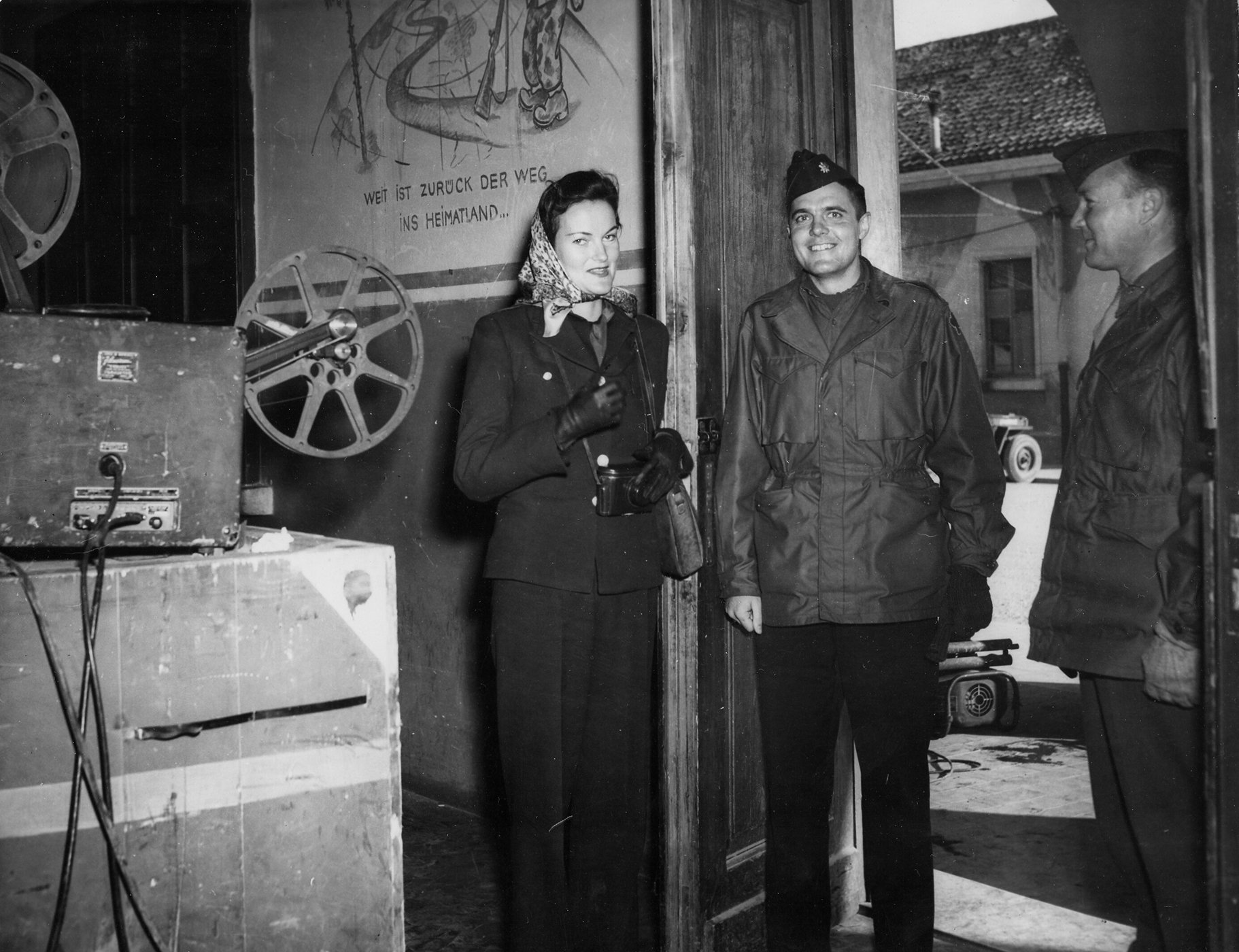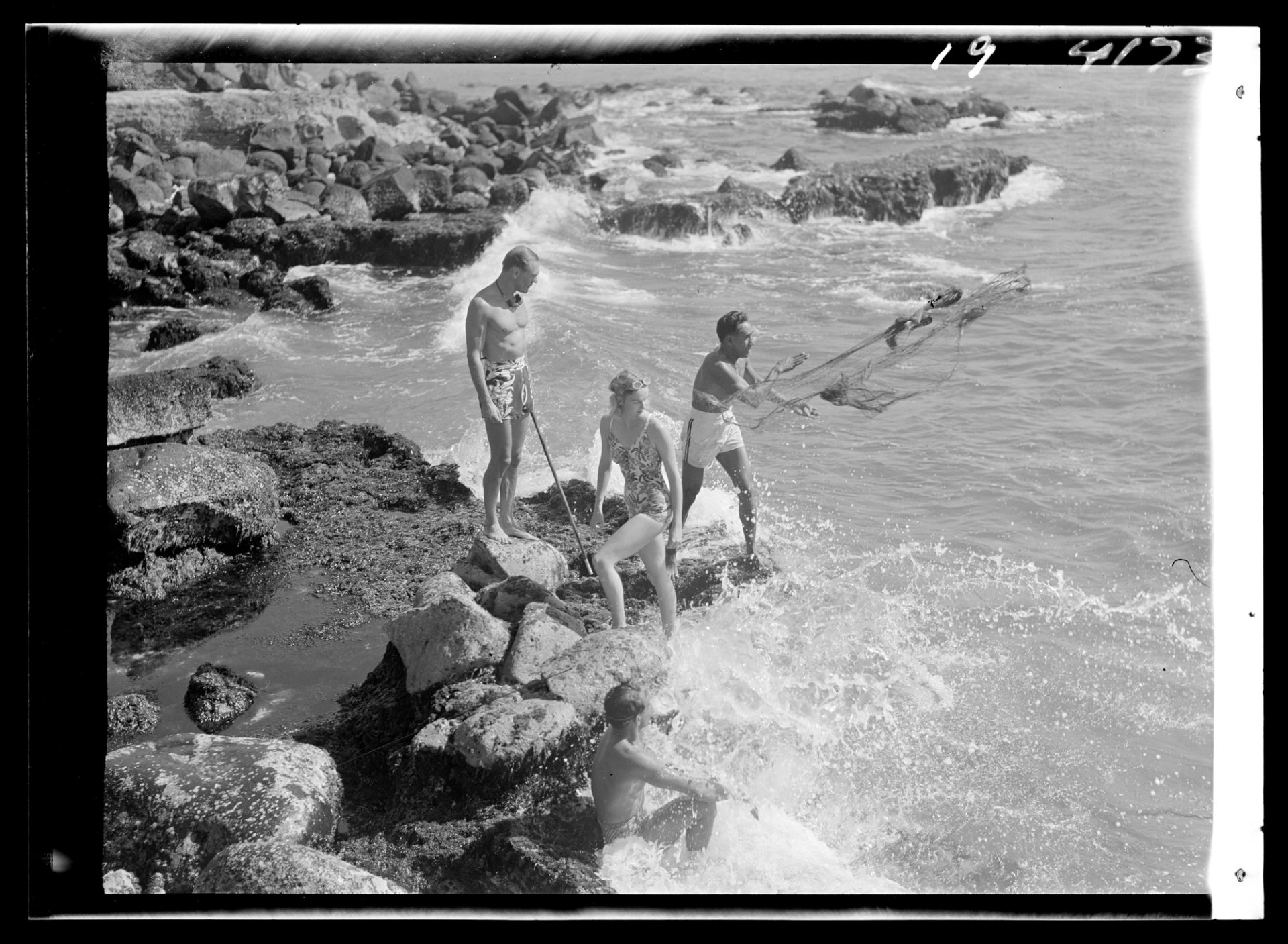Founder
Doris Duke: A Life That Dared to Be Different
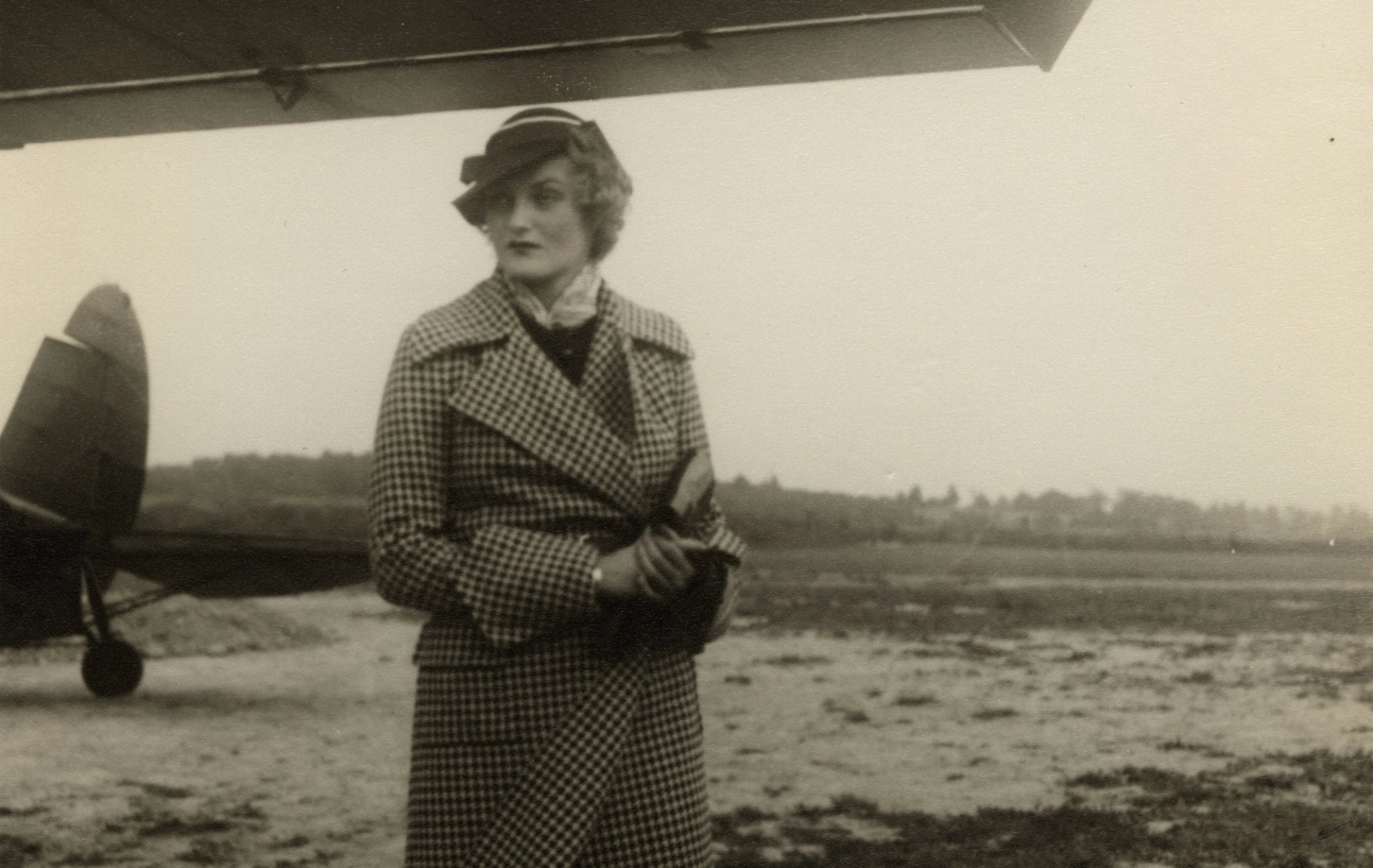
Born in 1912, Doris Duke was an heiress, a socialite, an art collector and a world traveler. But she was also a philanthropist, an environmentalist, a champion for those less fortunate and a dedicated supporter of the artistic avant-garde. In every aspect of her life she was modern—a woman guided by a sense of personal passion and altruistic purpose, undaunted by the expectations society placed upon her.
Today, her daring legacy lives on through the work of the Doris Duke Foundation.
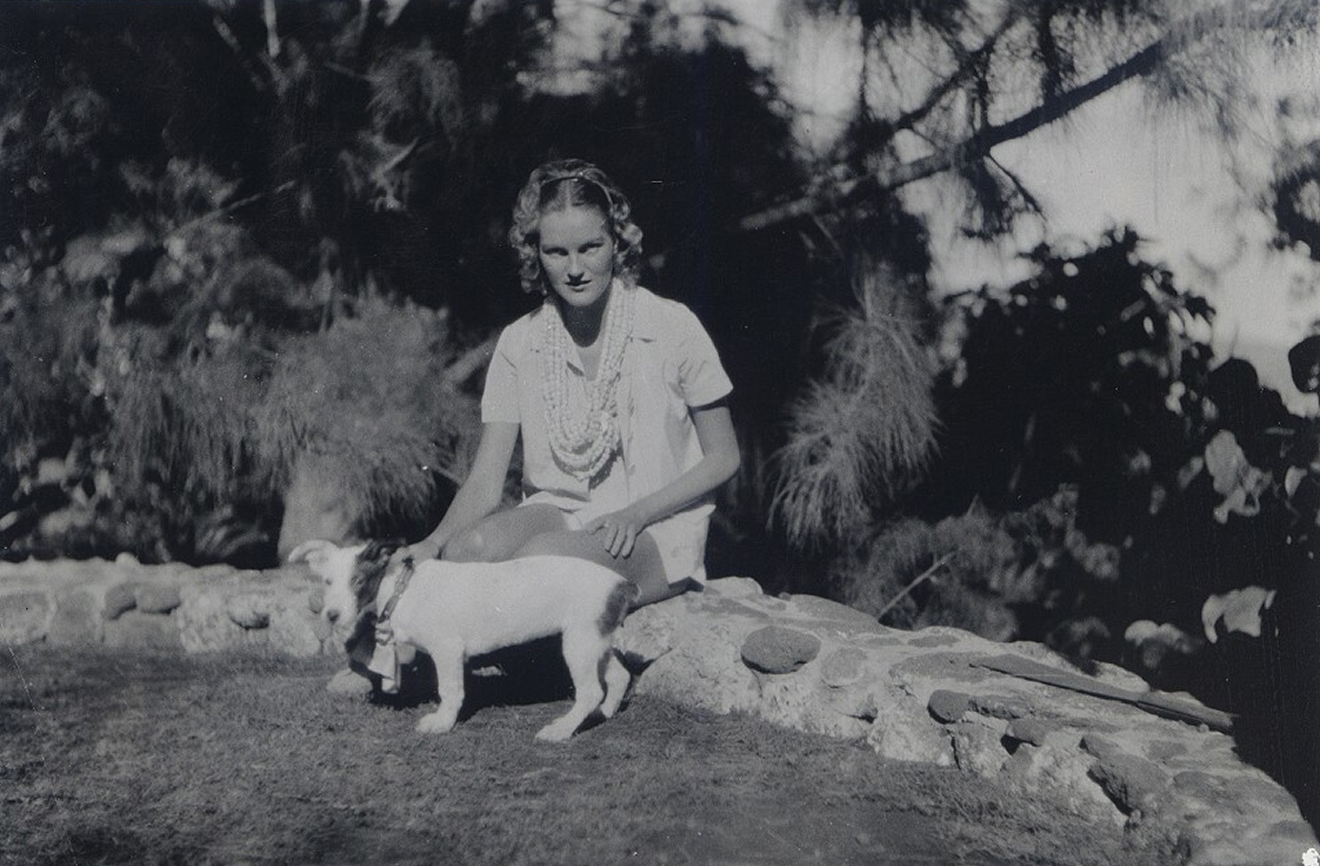
Duke formed her first charitable foundation at the age of just 23 using the vast fortune she inherited from her father, James Buchanan Duke, the industrialist and tobacco magnate for whom Duke University is named. She would go on to give away the equivalent of more than $400 million in today’s dollars—often anonymously.
Over the course of her life, Doris Duke gave away the equivalent of more than $400 million in today’s dollars—often anonymously.
Over the course of her life, Duke’s philanthropy evolved with the times, though an enduring theme of her giving was to look toward those consigned to the margins. The welfare of women and children, mental health, social work, Native communities, family planning, Historically Black Colleges and Universities and HIV/AIDS research all benefited from her generosity. Guided and inspired by Duke’s example, we continue to support many of these same causes and communities today.
Despite her wealth and celebrity, little is known about what actually drove Duke’s giving. Intensely private, she rarely wrote letters and shied away from interviews. What we do know is how she lived her life and the charitable interests she specified in her will, which the modern Doris Duke Foundation pursues across three broad areas: Arts & Culture; Nature; and Health & Well-being. We also serve Duke’s founding intent through a series of national programs and through two centers: Shangri La, her beloved home near Honolulu, Hawai‘i, and Duke Farms, an estate and working farm in Hillsborough, New Jersey, originally owned by her father.
Duke’s personal interests were wide-ranging. She was perhaps best known for her love of the arts, particularly dance, music and new forms of artistry. She studied modern dance with the renowned choreographer Martha Graham, tap with Bill “Bojangles” Robinson and piano with the jazz composer Hall Overton. She was also a committed patron of jazz music throughout her life.

Duke followed a passion for global Muslim cultures with an equal intensity. She traveled extensively through North Africa, the Middle East and South Asia, collecting art which she then displayed at her Shangri La home. A spectacular canvas for her vision of beauty and cross-cultural exchange, Shangri La and its landscaped grounds also embodied Duke’s affinity for the natural world. But it was at her father’s New Jersey estate, today open to the public as Duke Farms, where she began to pursue and champion the cause of environmental conservation in earnest.
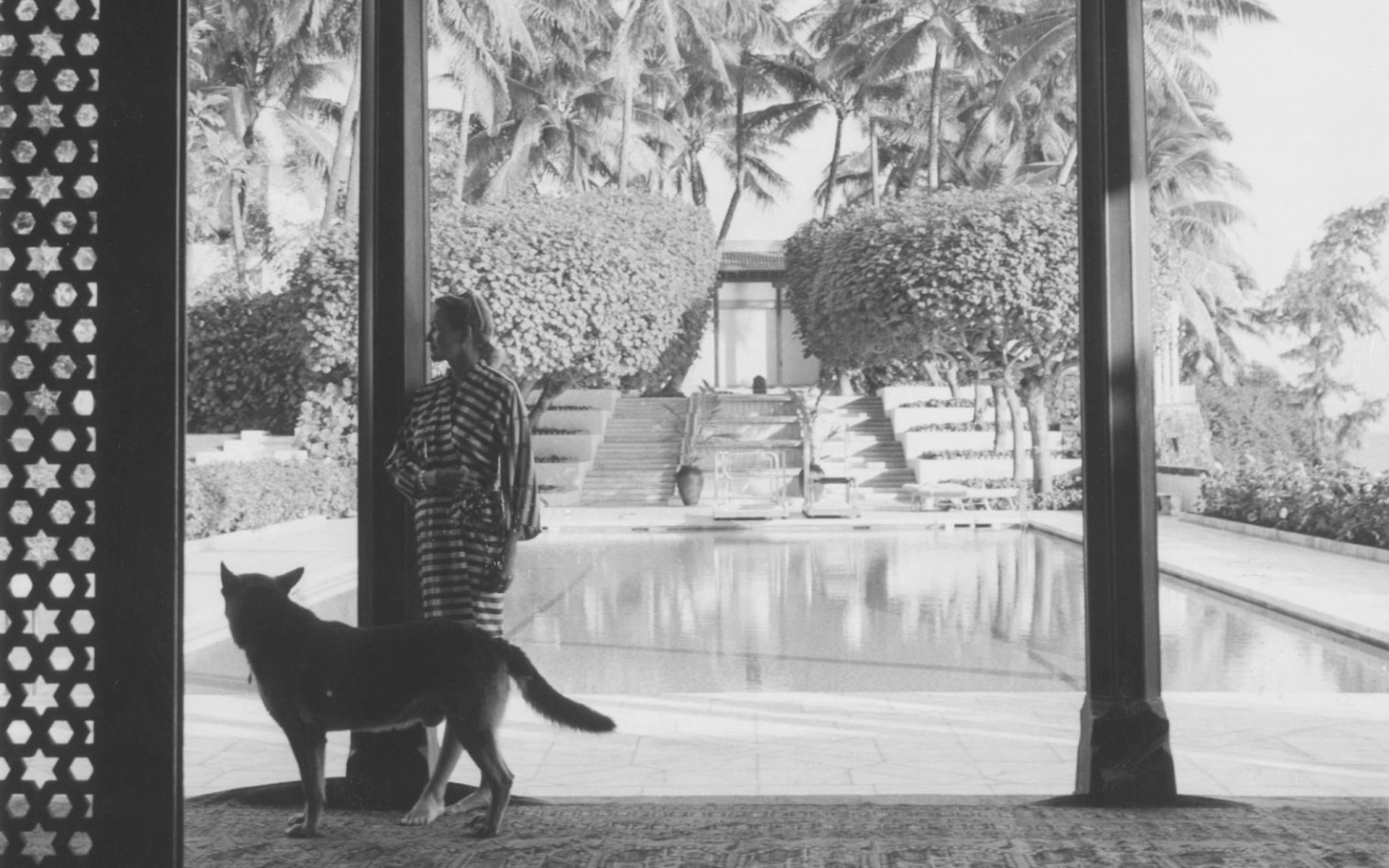
Doris Duke at Shangri La, circa 1960-1965.
Learn more about what drives our work today.
